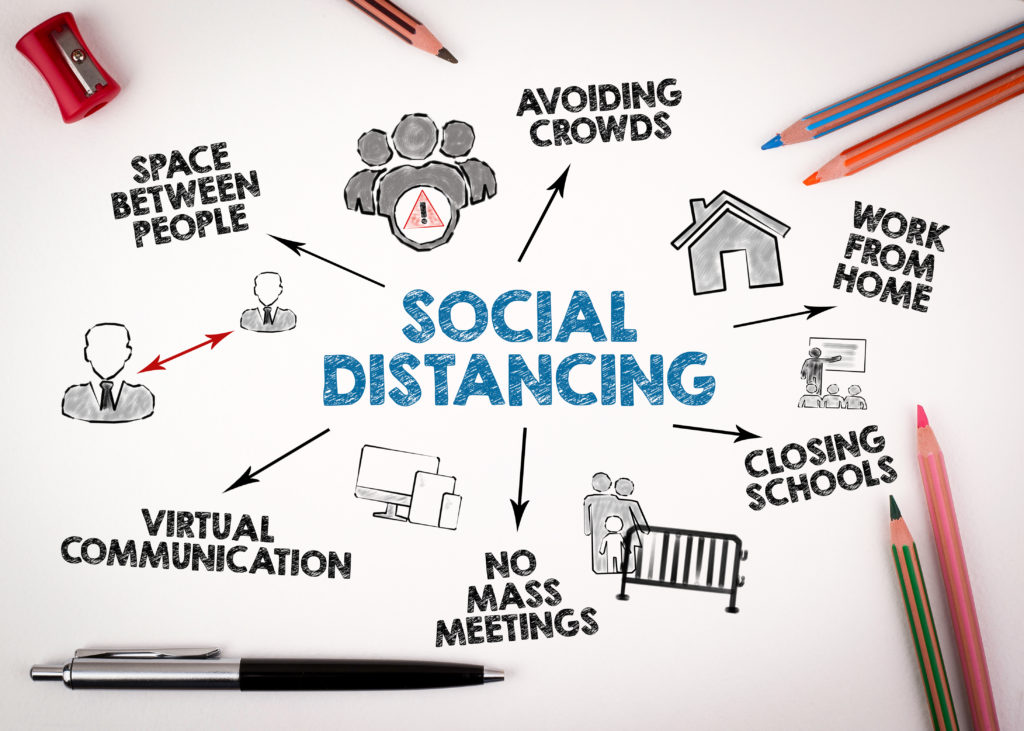
For many in the generation X and millennial age groups they tend to have some misconceptions and procrastinate when it comes to estate planning.
The first misconception about estate planning gen X and millennial hold is that estate planning is for older folks. The second misconception is that estate planning is only about monetary assets; therefore, people with few financial assets need not to bother with it.
In fact, there is nothing further more from the truth than these misunderstandings. Estate planning is critical and beneficial for people old and young, and even more so in light of the current pandemic crisis we are in. Since the breakout of coronavirus pandemic some gen X and older millennial started to have sense of urgency and concerns about the lack of estate planning. They are concerned about what will happen to them and their family if they become seriously ill or worse.
So, what is estate planning? It involves using wills, trusts, insurance policies, and other legal documents to give instructions on what happens to your personal property, your tax, care of your young children and/or pets, your health care arrangements and final arrangements upon your death, etc.
As more and more states reopen after “lock down” people gradually venture out and ease back to “normal” life. Still, many people are cautious and avoid “non-essential” human interactions as much as possible.
Traditionally, in order for a will to be valid in Texas, a typewritten will must be signed by the person who makes the will and two witnesses must be in presence. In these difficult times, this requirement poses great challenges for many including gen X and millennial who have never had these estate planning documents in place and need to set them up right now. So, what can a gen X or millennial in need of an enforceable will do while observing social distancing?
Though in July of 2019 the Uniform Law Commission has approved the Uniform Electronic Wills Act, also known as the E-Wills Act, which allows probate courts to recognize electronic estate documents as being fully valid and enforceable, no state has enacted this law yet, unfortunately.
On April 8, 2020, Governor Abbott issued an order temporarily allowing regular notaries to notarize the following documents by video conference: durable powers of attorney, medical powers of attorney, directives to physicians, and self-proving affidavits for Wills.
The above order, however, does not eliminate the requirements for witnesses to be physically present. This suspension is in effect until terminated by the Office of the Governor or until the March 13, 2020 disaster declaration is lifted or expires. Documents executed while this suspension is in effect, and in accordance with its terms, shall remain valid after the termination of this suspension.
Further more, according to the announcements published on the website of the Texas Secretary of State, the following conditions shall apply whenever this suspension is invoked:
- A notary public shall verify the identity of a person signing a document at the time the signature is taken by using two-way video and audio conference technology.
- A notary public may verify identity by personal knowledge of the signing person, or by analysis based on the signing person’s remote presentation of a government-issued identification credential, including a passport or driver’s license that contains the signature and a photograph of the person.
- The signing person shall transmit by fax or electronic means a legible copy of the signed document to the notary public, who may notarize the transmitted copy and then transmit the notarized copy back to the signing person by fax or electronic means, at which point the notarization is valid.
Alternatively, a holograph will can be used in place of typewritten one in emergency situations. A holographic will is a handwritten will which is made by a person, or in legal term a testator, entirely in the testator’s own handwriting and signed and dated by the testator.
Another valuable tool in a person’s estate planning repertoire is letter of intent. Letter of intent is not a legal document per se, but it is an invaluable piece of your estate planning documents. It usually complements a person’s will. As the name implies you can use this document to tell your loved ones what your assets are, where to locate them and how to access them, etc. You can specify your non financial wishes in this document as well.
Comparing with older people, gen X and millennial have relatively simpler estate planning needs, and the above planning techniques can be some of the options gen X and millennial utilize during these unprecedented times. After the society fully returns to its pre-pandemic way of life, gen X and millennial can revise and expand these documents with the aid of an advisor and/or lawyer.
